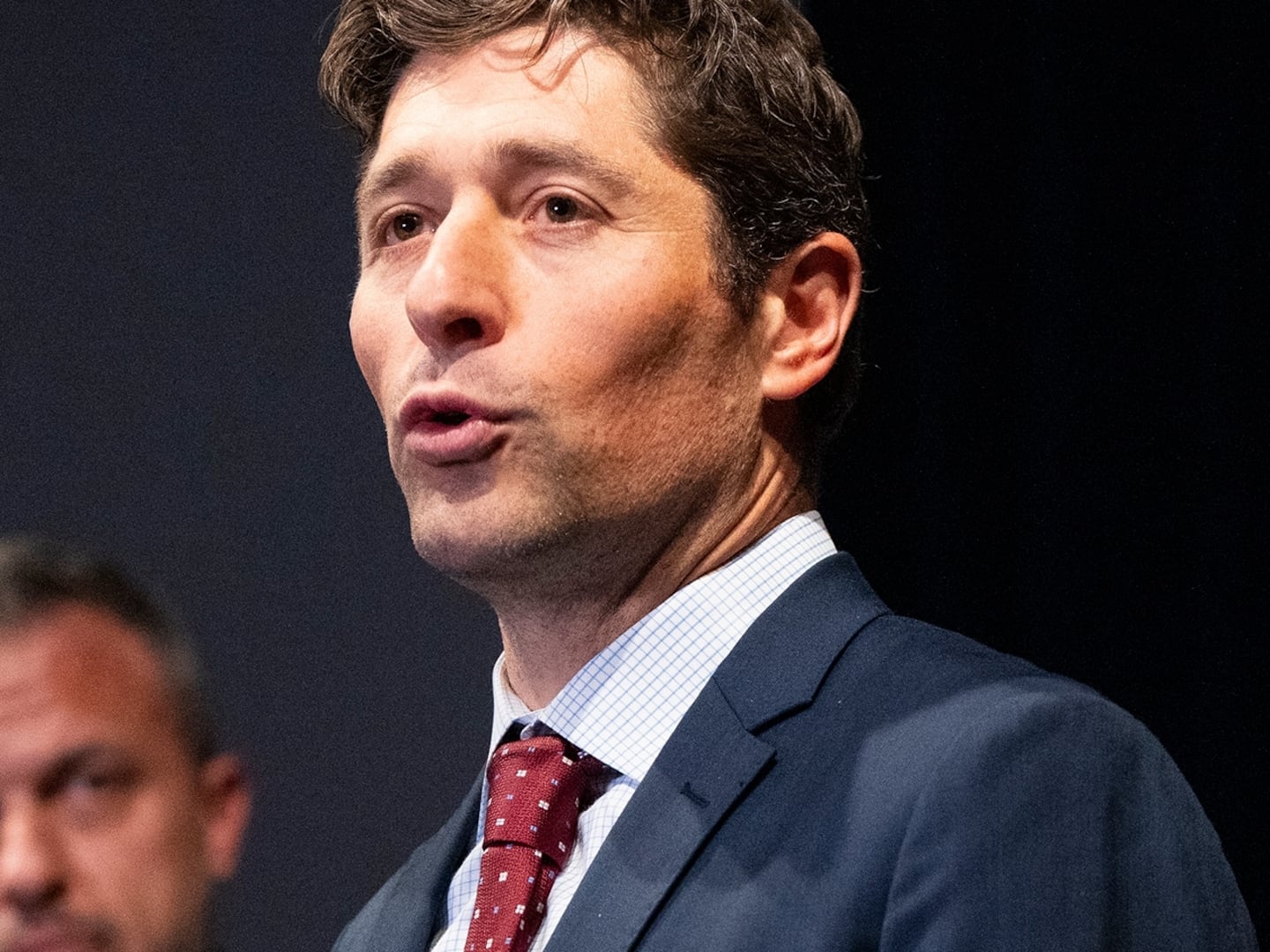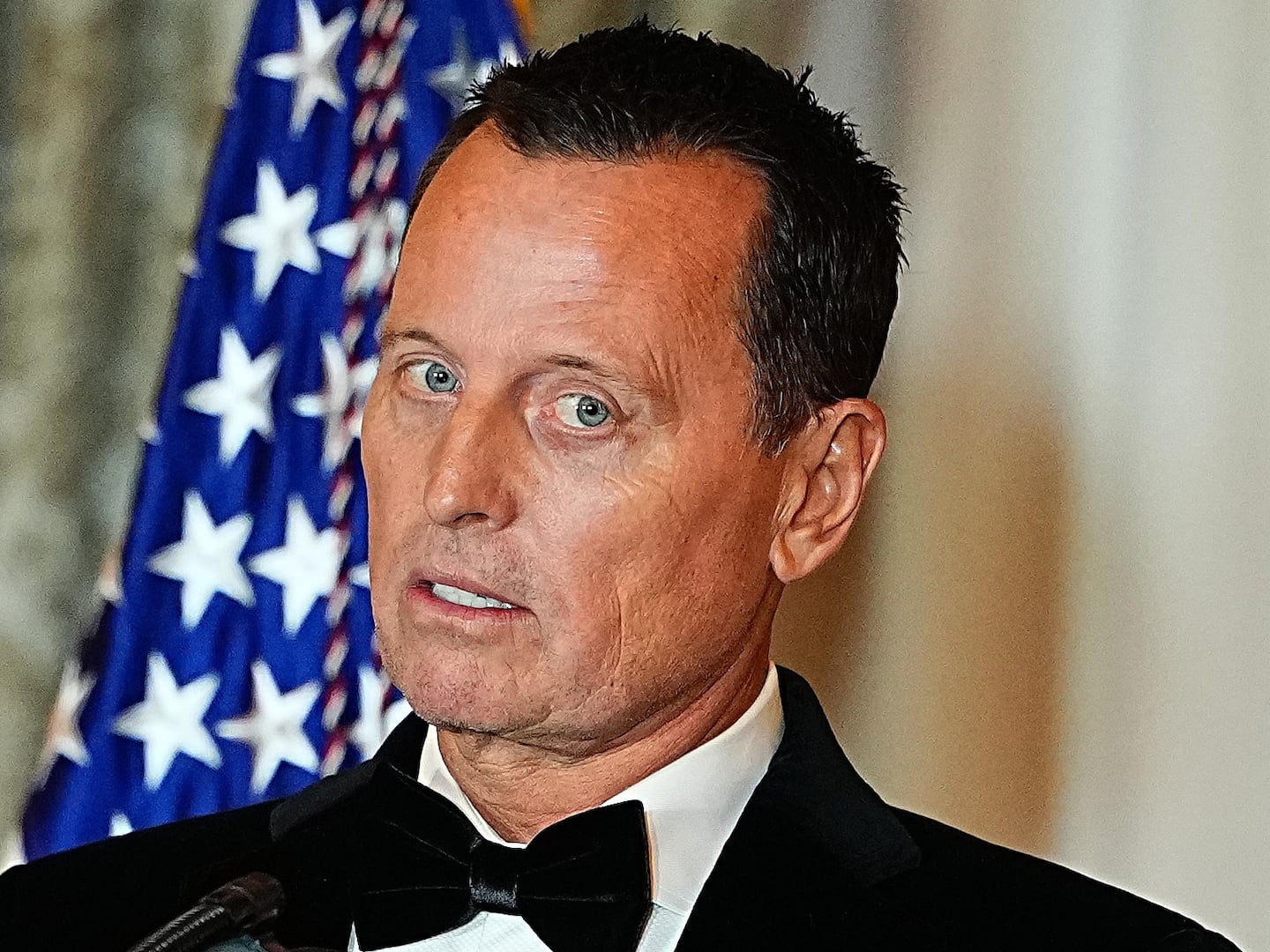In the 1970s, feminists held “consciousness-raising” groups, where women got together and told their stories, helping each other understand that the constant drip-drip of condescension, sexual abuse and even violence they were experiencing at the hands of so many men was not a personal problem, but a political one. In the 21st century, feminists are using Twitter to do the same thing, but on a wider scale, building a picture of the obstacles women still face, one personal tweet at a time.
Washington Post columnist George Will kicked off another round of Twitter activism this week with one of the most overtly victim-blaming and shaming articles to have appeared in mainstream media in recent years. Will objected to the White House claiming that one in five women will be sexually assaulted in their college years, on the grounds that, to be blunt, he just didn’t want to believe the number could be that high. He ignores the fact that the number reflects the kind of high rates that similar surveys have produced. It was reactionary politics in its purest form: He doesn’t want to believe it’s true, and presto! That means it can’t be.
Of course, the problem with waving the number off is that it’s not pulled out of thin air, but comes from women actually reporting non-consensual sexual encounters. They only way to make it work, of course, is to argue that women are simply lying about their experiences and reclassifying consensual encounters as rape after the fact.
Most rape apologists prefer to argue that women lie about being rape to cover up their supposed shame at being slutty enough to consent or to punish men for not calling in the morning. (How answering “yes” to the question of whether or not you were forced to have sex against your will on an anonymous survey achieves either goal is never explained, of course.)
But Will took a novel approach, arguing instead that colleges have made “victimhood a coveted status that confers privileges” and therefore “victims proliferate.”
Will never bothered to enumerate any of the privileges that being a rape victim confers, nor did he explain how filling out an anonymous survey in secret—which, again, is where these statistics come from—gets you all these unnamed goodies. He didn’t bother to ask any experts who work with rape victims if their experiences suggest that life is roses and wine for victims after the fact. He certainly didn’t ask any actual victims if being raped was really the turning point in which their lives got super awesome, either.
Of course, if he had bothered to do a bit of research, he would have found out that, shockingly, being a rape victim is the exact opposite of a privileged position in this world. In fact, social scientists have found that victims are so terrified of being labeled “rape victims” that they often resist calling their experience “rape,” even when it’s blatantly obvious that’s what happened to them. That’s why surveys tend to avoid the word “rape” and instead ask about specific instances of sex where the respondent did not consent.
As a writer, I’ve been out about a sexual assault that happened to me when I was younger, and even though I’ve frequently written about it and even though it was over a decade ago, my gut still clenches up with anxiety when I feel the need to speak about it yet again. The reality of the situation is that being out as a rape victim doesn’t confer any special privileges, but it does mean you have to endure people second-guessing you and trying to find a way that you brought this on yourself, even if only to reassure themselves that it couldn’t happen to them. Or worse, they act like you have cooties or must be broken somehow because of this one experience.
Sexual assault victims were so outraged at being told they exaggerated their experiences to get some unnamed “privileges” that they took to Twitter to explain how un-fun it actually is to come out about your rape. Wagatwe Wanjuki kicked it off with a tweet reading, “Where's my survivor privilege? Was expelled & have $10,000s of private student loans used to attend school that didn't care I was raped.” The hashtag #SurvivorPrivilege swiftly emerged, with survivors explaining, one tweet at a time, as the various ways your life can go to hell after you survive a sexual assault.
The psychological toll of enduring sexual assault was a major theme. Sexual assault survivors recounted having flashbacks and panic attacks, feeling like “damaged goods”, and living in fear of having it happen again. The elusive nature of justice was another major issue, with women telling hair-raising stories of their attackers getting away with sexual assault and everyone pretending it didn’t happen.
But perhaps the saddest survivor “privilege” is the one that often gets talked about the least: How frequently survivors find coming out about being assaulted means losing your entire support system, as people get mad at you for making them have to think about it.Or even just because they start to think that being around you is a bummer.Ending up friendless and alone is a frequent problem for survivors, and one that isn’t spoken about often. But contributors to #SurvivorPrivilege showed how common it really is.
“#SurvivorPrivilege was losing all my friends when they decided it was easier to remain friends with my rapist than stand with me,” wrote Robyn Swirling. Others talked about how people drift away from you, how people come up with reasons not to believe you, and even how your may lose out on family support. One thing all too many rape survivors learn when they come out about their experience is that many people would rather you keep quiet and pretend it never happened, and they will punish and shun you for making them uncomfortable for speaking up. Will’s column was just more of the same: Shaming rape survivors and accusing them of lying and attention-seeking is a good way to assure that future rape victims don’t speak up.
So why do rape survivors speak out, with all this pressure on them not to? Well, many don’t, understandably so. But for those who do, it’s often because keeping the secret is tearing them up inside. Many are hoping for sympathy and understanding, which they should not be ashamed of wanting. Often, survivors want to hold the rapist accountable. Many of them are afraid that if they don’t speak up, the rapist will rape again. No matter what their reasons, however, coming out is an act of bravery, and is almost always incredibly stressful. It’s the opposite of wrapping yourself in the warm blanket of abstract “privileges.”
None of this is to say that rape survivors can’t heal. Most rape survivors pick themselves up and eventually come to terms with their trauma. They make new, more understanding friends. They realize they can date without potential partners thinking they’re “damaged goods”. The fear and the flashbacks subside, especially if they get help. But no matter how much better you get, the fear that people will think less of you if they find out that you were sexually assaulted lingers. Always worrying if people will judge you for something that someone else forced upon you is hardly a “coveted status.” Clearly, it’s the opposite.






